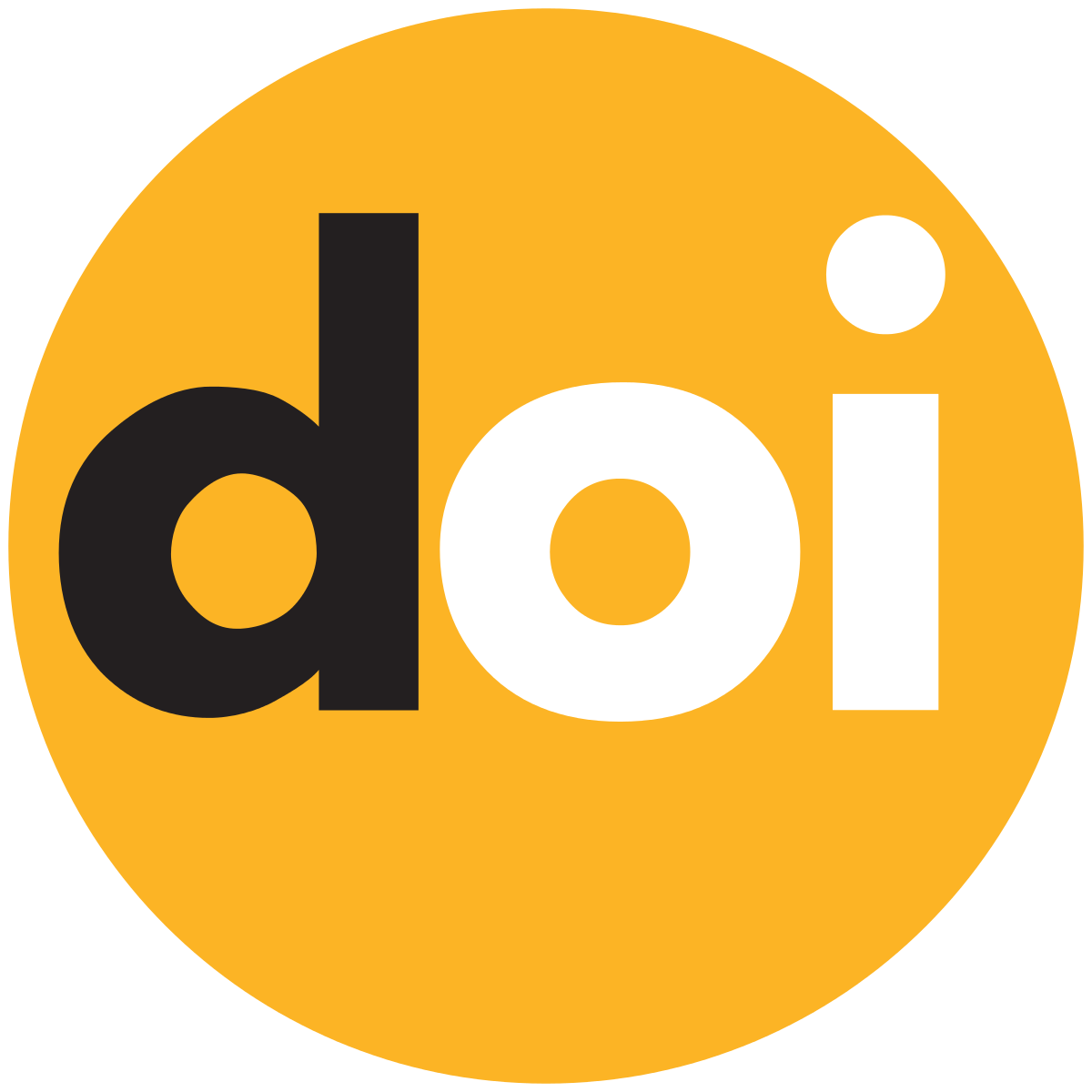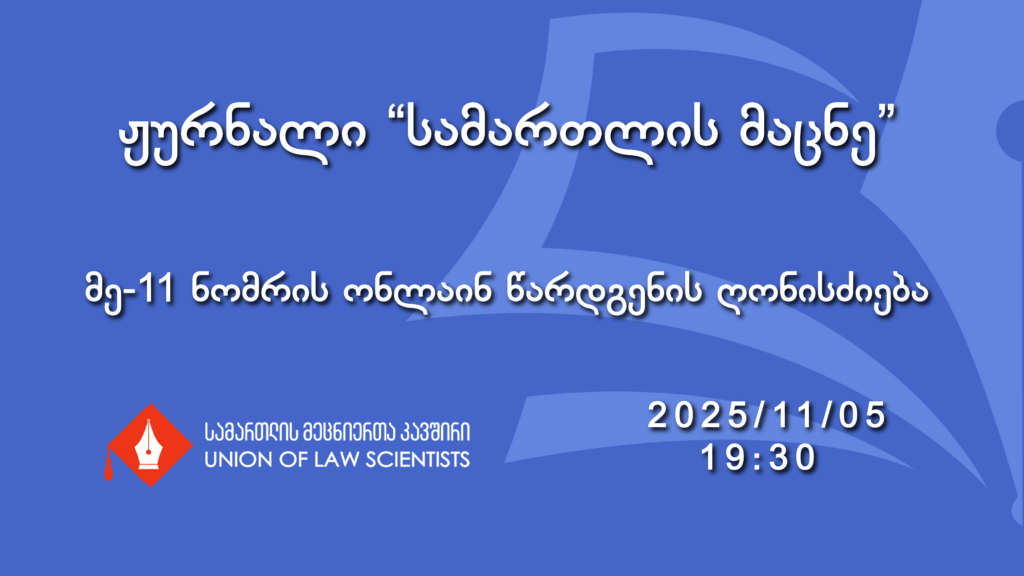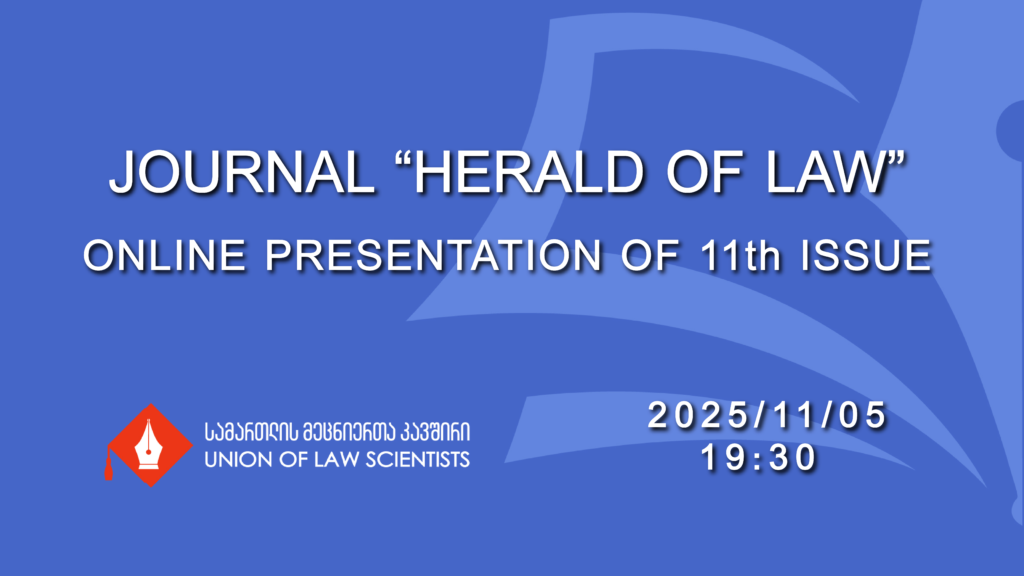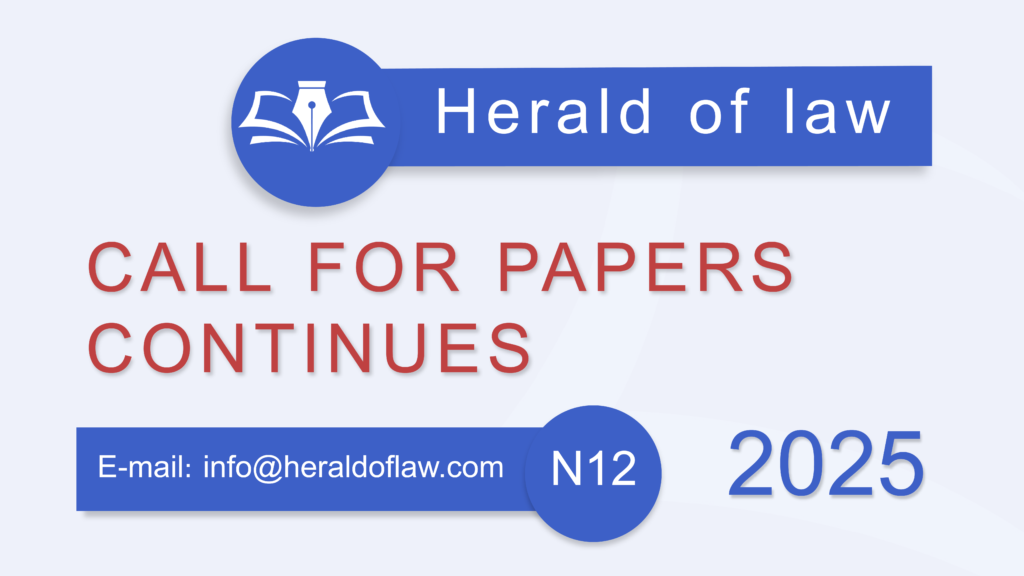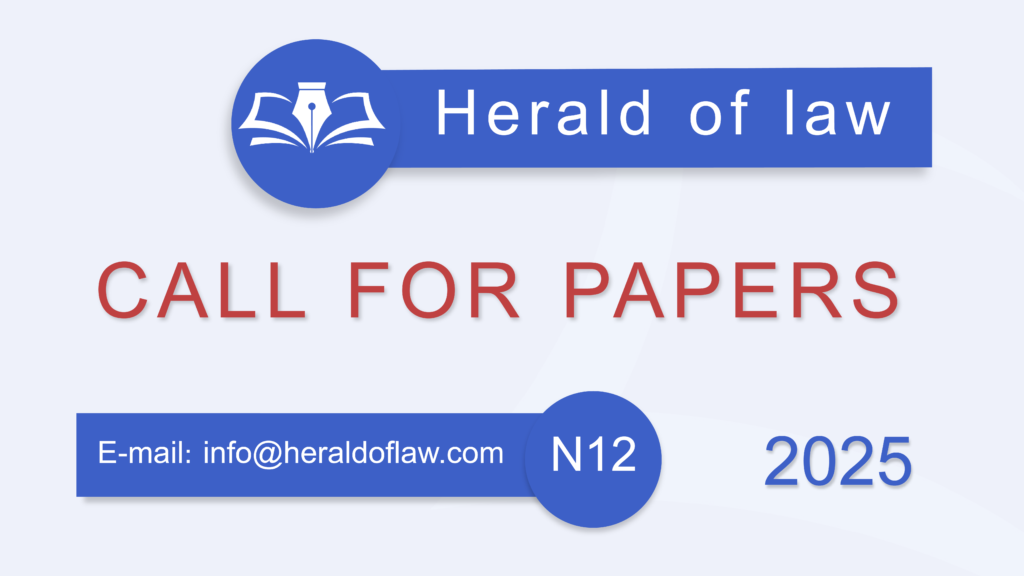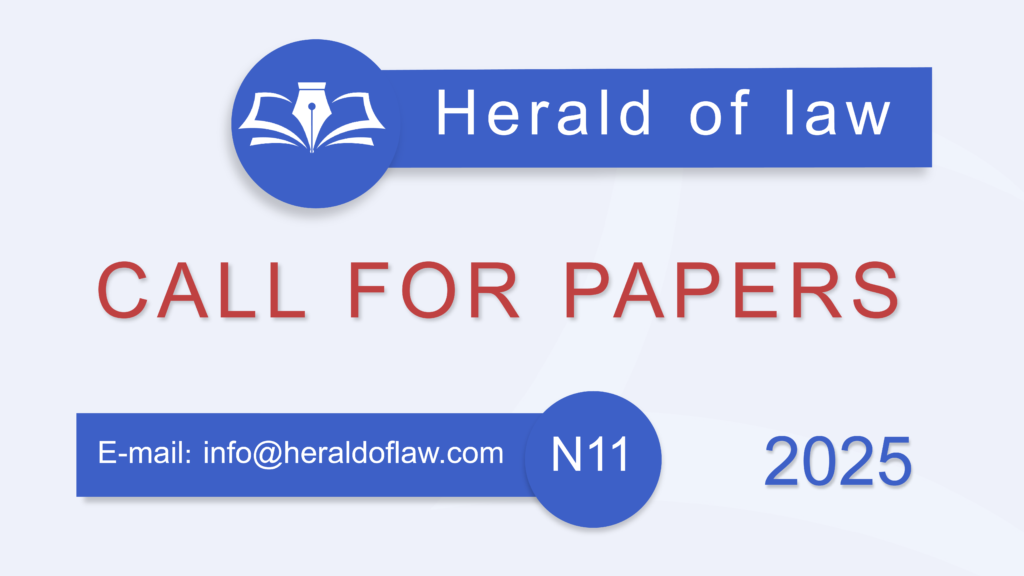Adequacy of law in Media Protection and Restriction
Abstract:
This article is based on the practice of Western media: the following main factors determine the freedom and independence of the media under the modern democratic governance: the existence of legislative acts, rules and regulations is discussed and explored in the article; the management of the media under market conditions; the professionalism and responsibility of media producers. In modern society, post-industrialization, new technologies and globalization have given particular importance to how the legal needs of media production are addressed. The purpose of the article is to highlight and reiterate on the bases of Georgian and international law: just as there is no absolute freedom without restrictions, so there is no responsibility without freedom. In this paper, where we discuss the legal and ethical categories of media, the methodological basis of the research is provided by interdisciplinary scientific sources and literature. We’ve studied the discussions about the violation of the law from the media, the facts of protecting journalists’ rights and the principles of truth and fairness in their work. The results of the study showed that the problem-solving ability of the article is so pervasive that it affects almost every aspect of the professional activities of journalists. An independent, free media needs to be free from the involvement of the state and media owners. Freedom of speech in the media has demonstrated a high democratic score, just as a free media has unmistakably expanded the range of rights, which includes the right to believe. The results of the research presented in the article can be a benchmark for the quality of production in the Georgian media. For the modern media, the rule of law is a reliable foundation for its development.
Keywords:
The power of speech, Limits on media protection, Free speech, Right to reply



